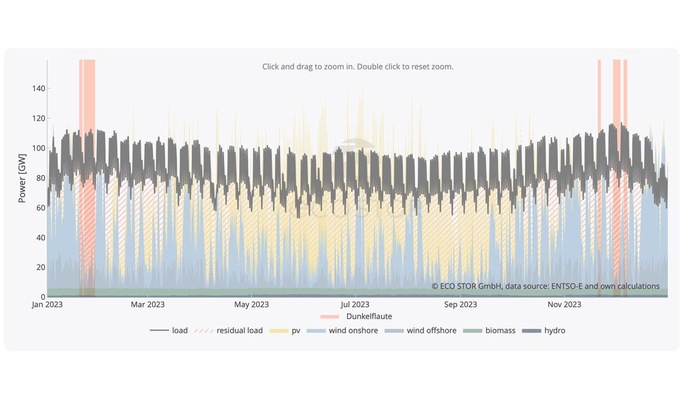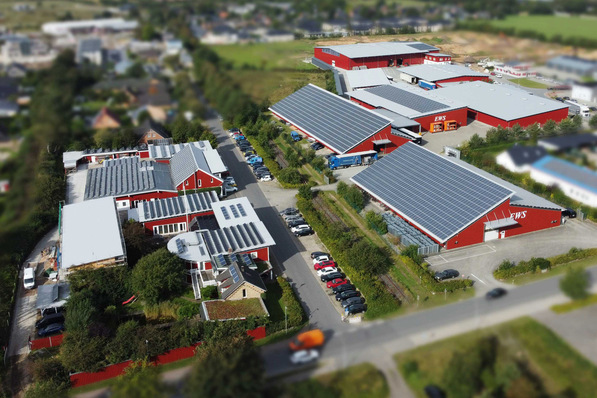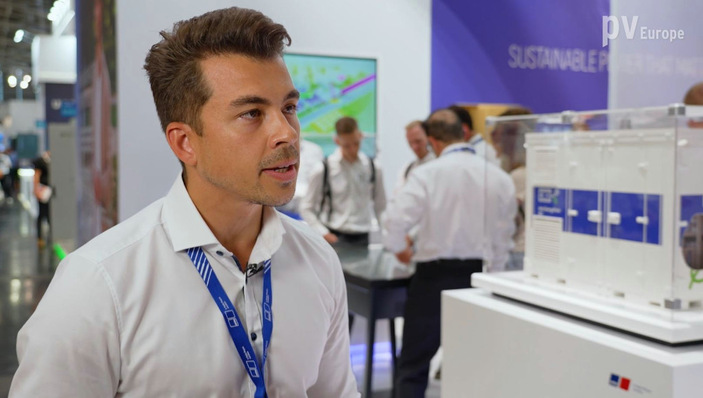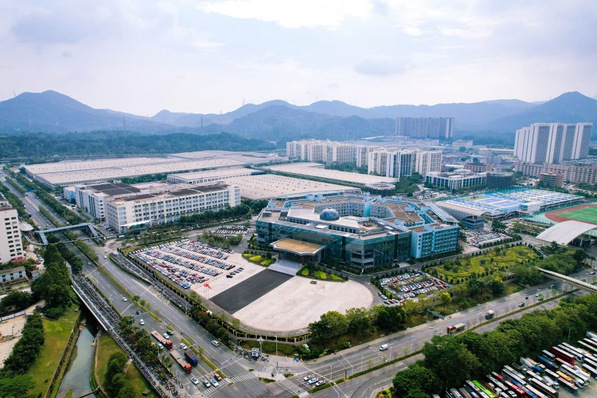But the extent to which domestic mining is worthwhile at all has not been sufficiently clarified until now. A team from the Karlsruhe Institute of Technology (KIT) has now summarised the state of research, analysed raw material markets and evaluated technologies. According to the study, thousands of tonnes of lithium could theoretically be mined in Germany each year. However, central questions still need to be clarified.
80 per cent of lithium comes from Chile and Australia
"We are completely dependent on imports, worldwide 80 per cent of the lithium comes from Chile and Australia," says Valentin Goldberg from the Institute for Applied Geosciences (AGW) at KIT. "At the same time, we accept considerable environmental costs in conventional mining in these countries, such as negative impacts on groundwater," explains Goldberg.
See also: Rock Tech Lithium to produce carbon-neutral lithium
Lithium extraction in geothermal power plants, on the other hand, is intended to use existing infrastructure in Europe. For example, large quantities of thermal water, some of which has a high lithium content, are already being extracted. After energy production, the lithium is to be technologically separated and the water returned underground, as is usual in power plant operation. In order to clarify what contribution domestic lithium can realistically make in the future, he has now compiled and analysed the available knowledge together with a team at the AGW and calculated the possible potential for Germany for the first time.
Regional lithium extraction as a supplement
How much lithium can be extracted depends not only on the lithium concentrations in the water, but also on the site-dependent flow rate and reservoir size. For their estimate, the researchers looked at potential sites in Germany, analysed the raw material markets and evaluated different technologies in terms of their efficiency, applicability and integrability for geothermal energy production.
Also interesting: KIT: Perovskite stacks increase energy yield
According to an optimistic estimate, an annual production of about 2,600 to 4,700 tonnes of lithium carbonate equivalent is possible if all relevant geothermal sites are equipped with corresponding plants. This could cover about two to 13 per cent of the annual demand for the planned battery production in Germany.
Acceptance by citizens is important
The forecasts are still marked by many uncertainties: The size and origin of the lithium deposits in the geothermal systems as well as the reaction of the reservoirs to continuous extraction are currently being researched. In addition, the technologies for extraction are at an early to medium stage of development. Whether lithium extraction by means of geothermal power plants will ultimately be realised in Germany depends not only on further technology development and suitable sites, however. Rather, social support and acceptance are also necessary, emphasises Valentin Goldberg. A broad acceptance among the population is also a prerequisite. (nhp)







